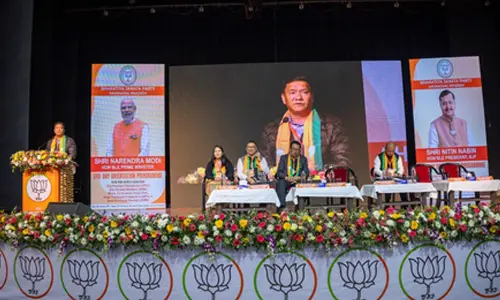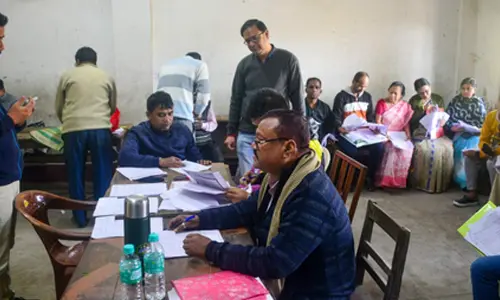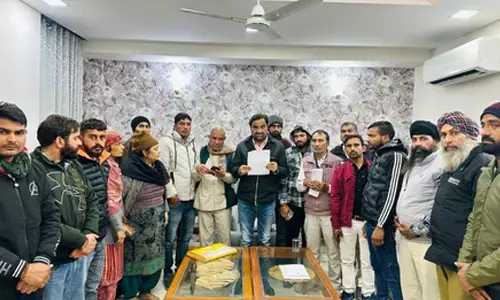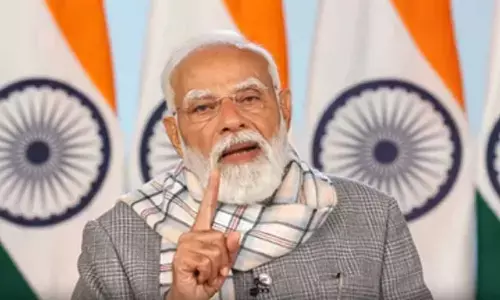R&D takes backseat in Telangana universities

Research in any discipline of thought is an ongoing process of enhancing the existing fund of knowledge by exploring new frontiers that challenge the human quest for understanding reality.
Research in any discipline of thought is an ongoing process of enhancing the existing fund of knowledge by exploring new frontiers that challenge the human quest for understanding reality. The question of the quality of research underscores whether the research in any branch of knowledge enriches knowledge ecosystem in a significant manner. The question of the quality of research has become the center of academic, professional, and higher education policy debates all over the world.
Over the last five years, enrollments into research courses have declined by a little less 800 in the universities across Telangana, says the recently released All India Survey in Higher Education Report for 2021-22. The low enrollment is to be attributed to lack of facilities and supervisors in the state universities. Of all the State Universities, Osmania University, JNTUH and Kakatiya University have the required infrastructure. Universities like Palamuru University, Mahatma Gandhi University, Satavahana University and Telangana University lag behind. The nature of the policies is also such that it makes recruitment process is time-consuming. While senior teachers have retired, the recruitment has not yet happened so there is a gap in the number of faculty too. All the doctorates who have done PhD from a government university can be considered as Research supervisors. R&D has to maintain research pool and track the supervisor. There are nearly 1,800 fake doctorates working in various private affiliated colleges.
There is an urgent need for systematic change in affiliated colleges to improve the quality of teaching and learning. Private universities have entered into higher education market. The private sector will continue to grow, but for-profit higher education is unlikely to be sanctioned soon. There is no collaboration with industry, currently institutions / universities are not engaged with industry in the development of science parks, incubation centers and technology transfer units and there is no interest in working with systemic support and institutional models. There is no vision on higher education in Telangana regarding demand for courses from mature learners and from current students looking to enhance their employability and develop entrepreneurial skills which are creating new markets and new requirements. 36% of the departments are closed in many universities. Nearly 60% of the departments have one or two faculty nearing superannuation. Though the New Education Policy proposes several reforms to empower teachers and restore the high respect and status to this profession which in effect would bring in the brightest minds, there seems to be a serious faculty crunch in all state and central universities.
In India, not much funding is allotted for carrying out fundamental research in educational institutions, especially graduate level institutions. There are very few funding agencies in India such as UGC, CSIR, DST, MoES, MoEF and AICTE. Despite the knowledge, drive, potential and motivation, the Indian youth miserably fail in research activities, because of inadequate funding. It is very saddening to note that our country is losing young, energetic and research- oriented students, since they migrate to foreign countries where the universities are supported by well-equipped research laboratories.
Student recruitment, admissions, enculturation, and education are expensive activities that become even more costly under conditions of high turnover. Keeping the fiscal deficit under check has constrained research funding. However, for 2022-23, it is widely believed that the government would press the pause button on fiscal deficit control, because of Covid-19. Now is a good time to shovel in more funds for research.
(Writer is Convener, Save Education Committee)














